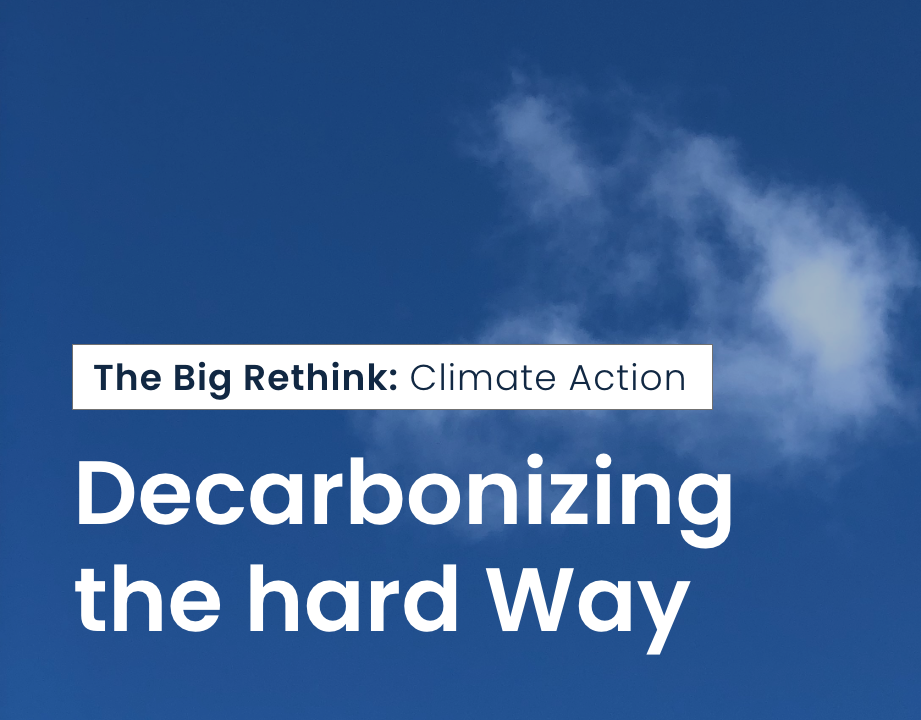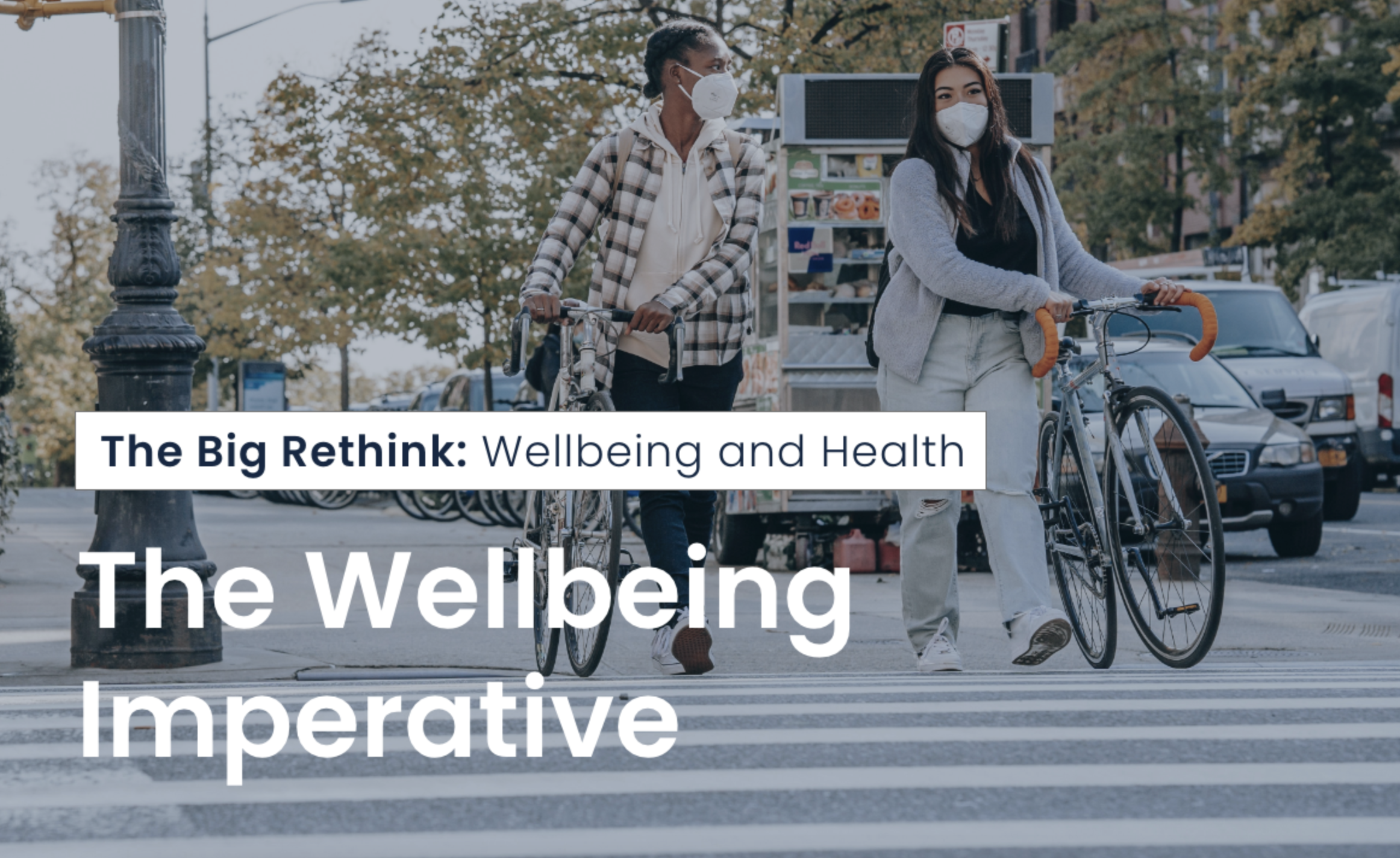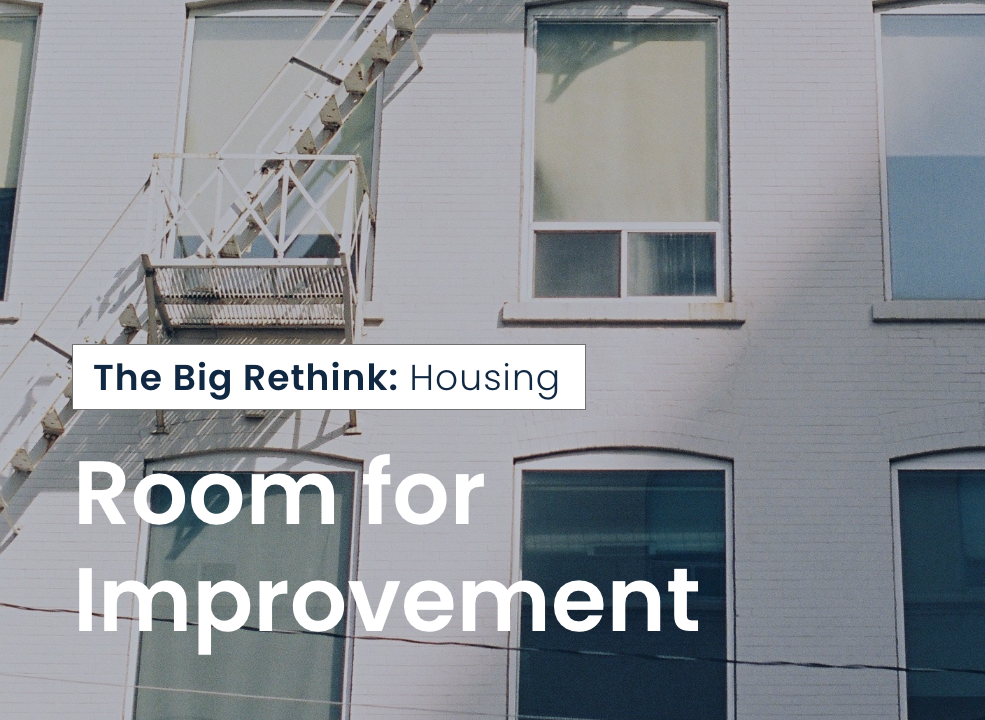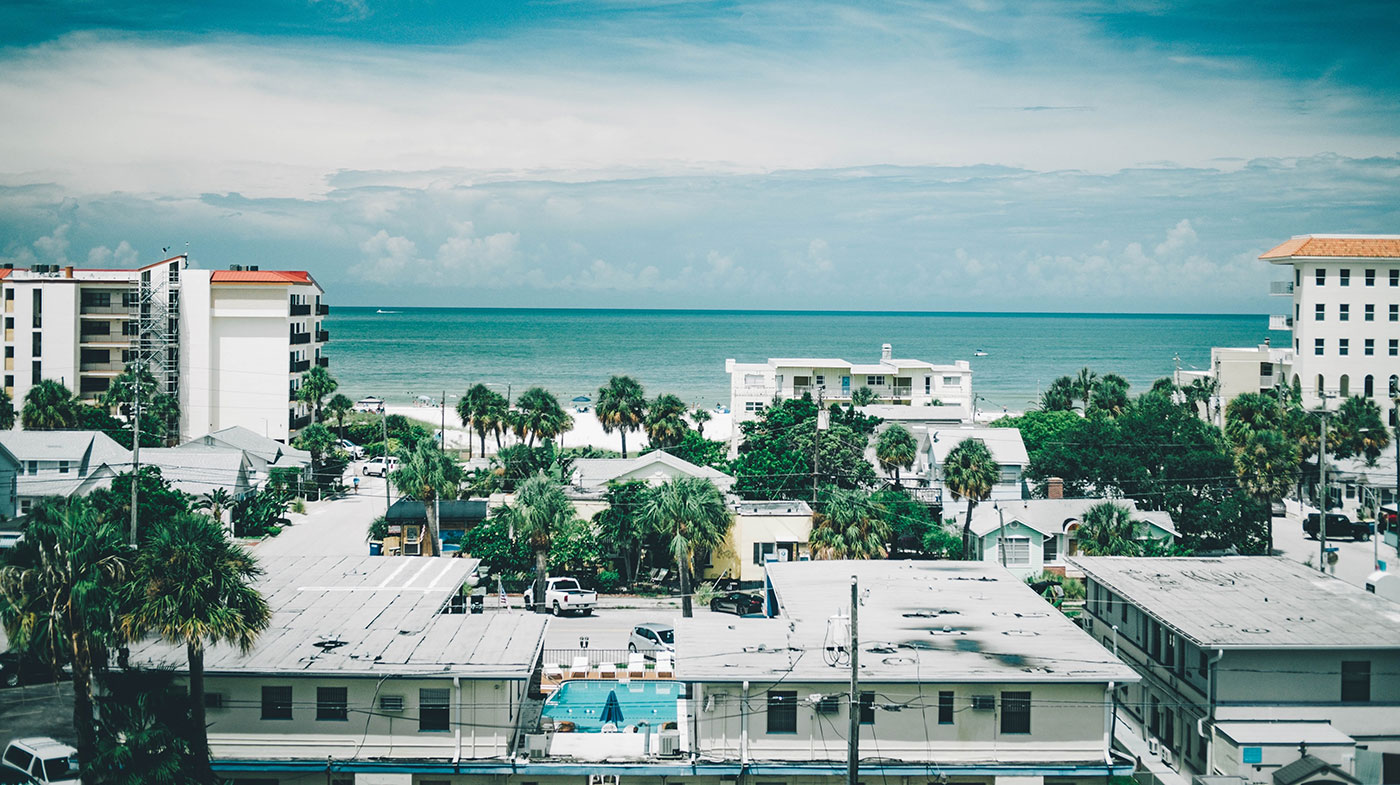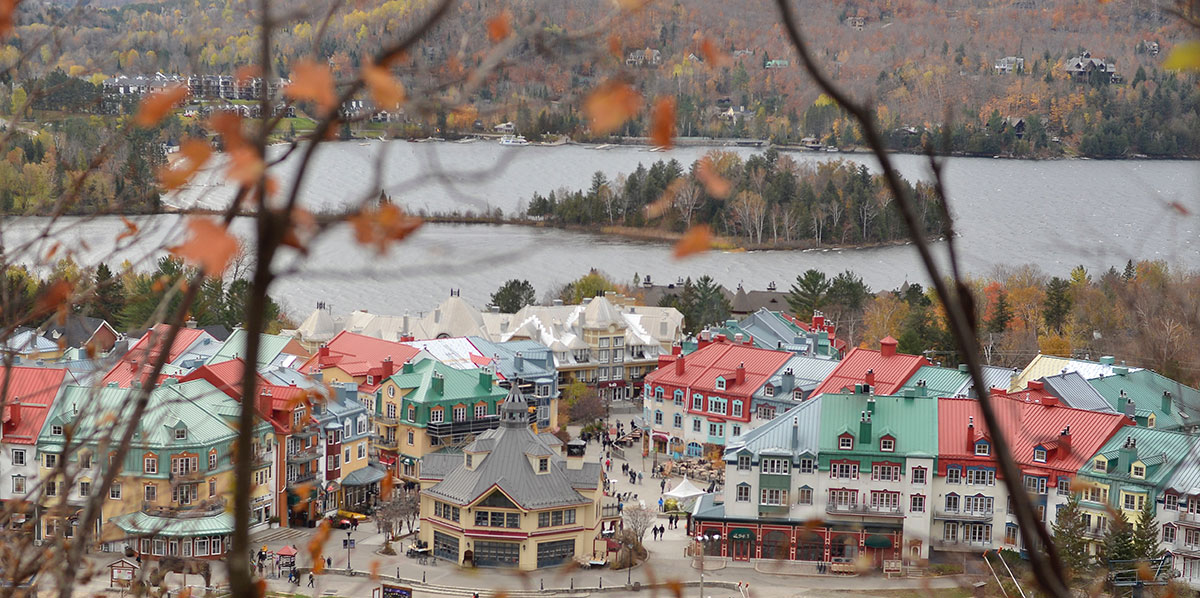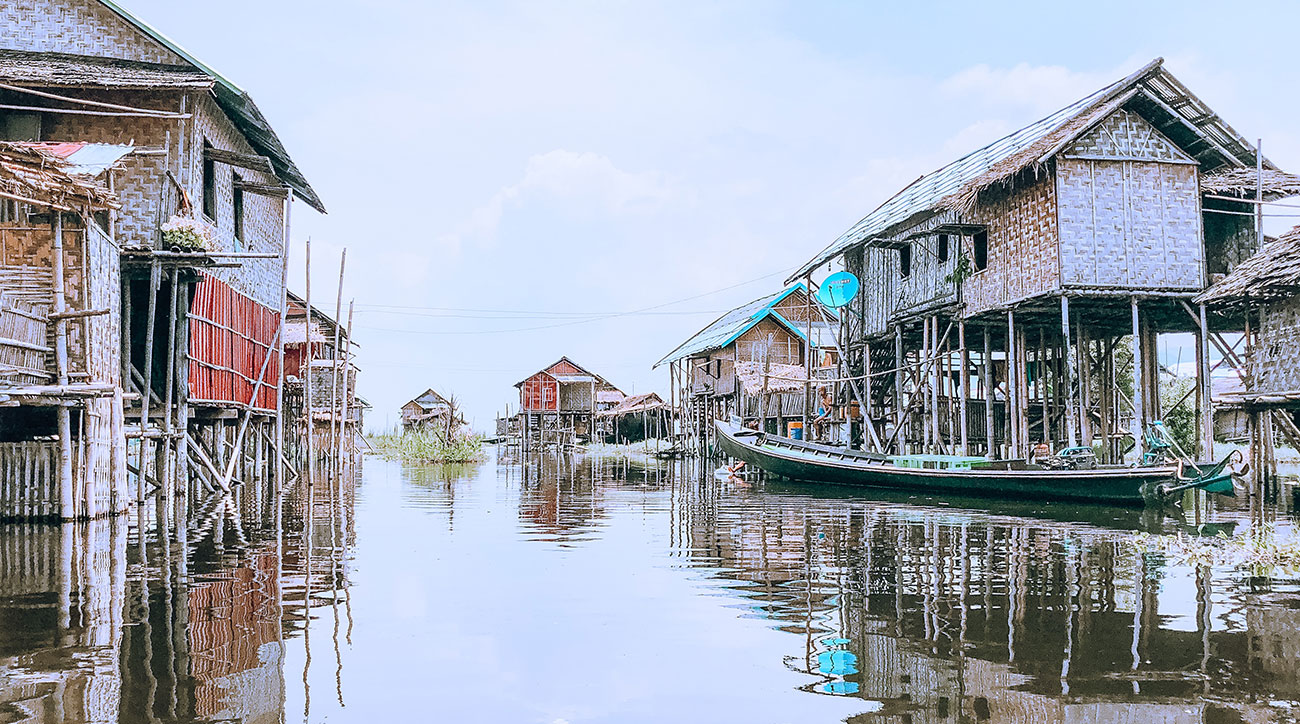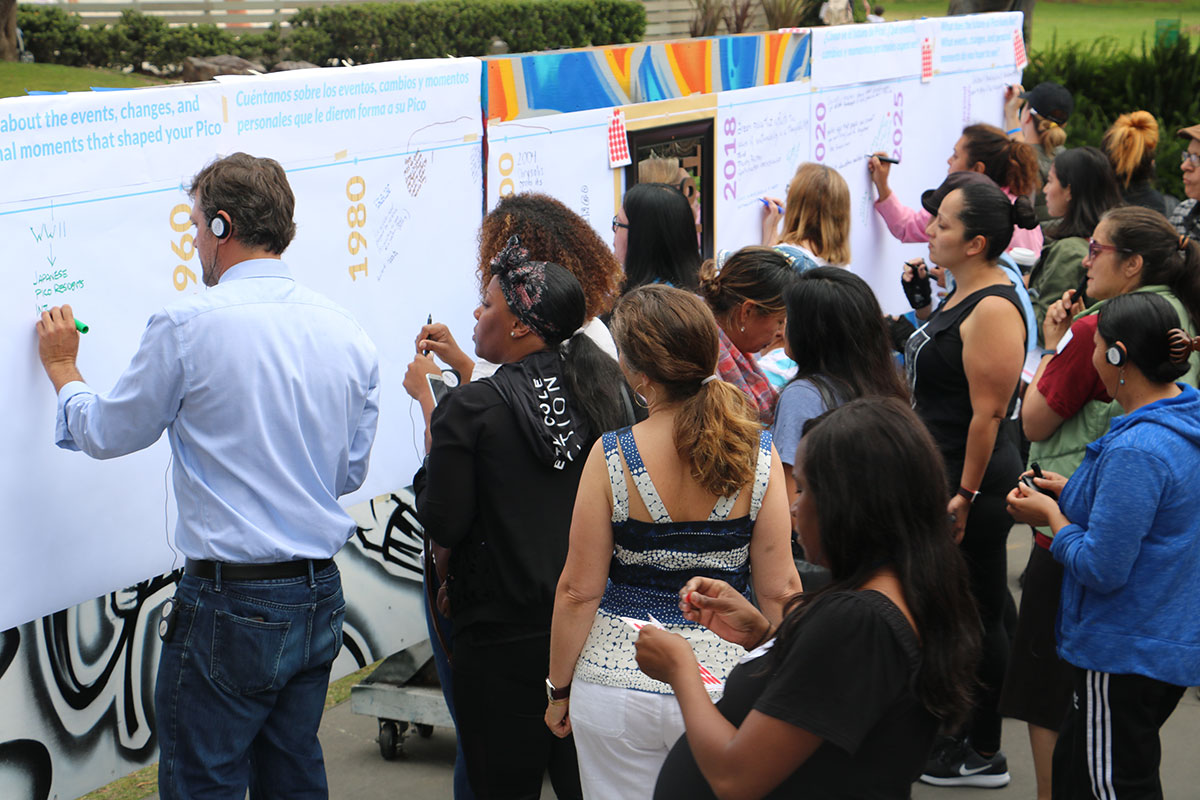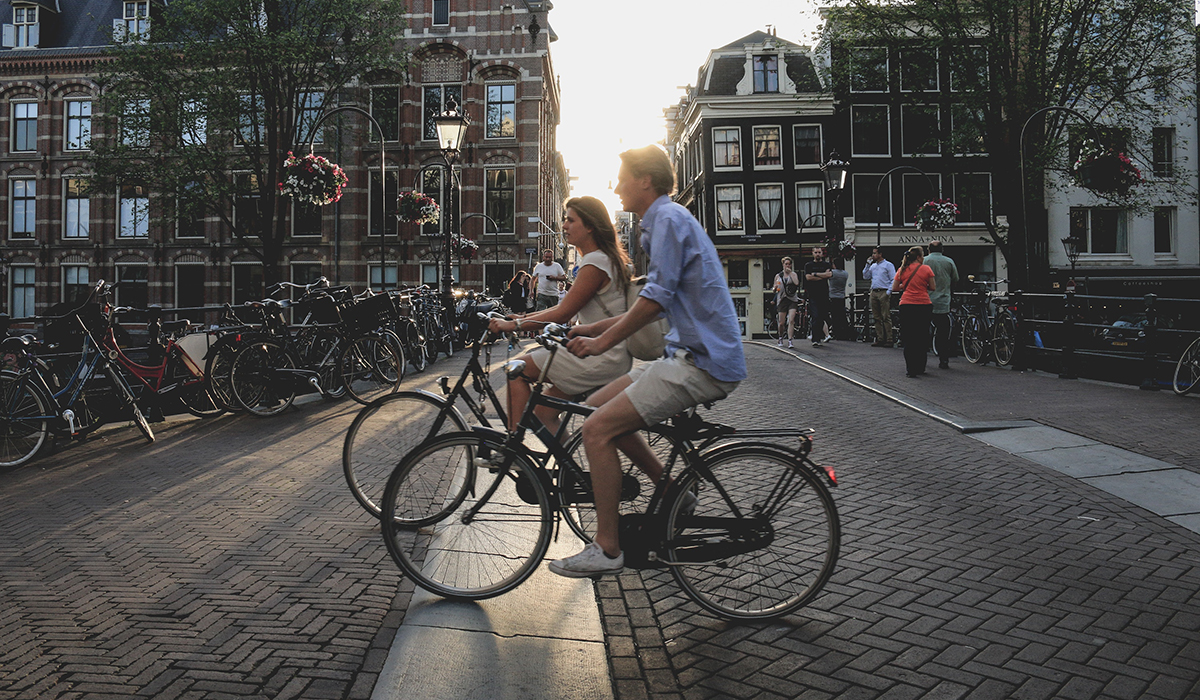May 01, 2020
Decarbonizing the Hard WayMay 19 | 9am PDT | 12pm EDT Ready for an inconvenient truth? Images of clear waterways and clean skies provide a devastating glimpse into the extent to which business-as-usual human activity impacts the planet, but they don’t depict an effective response to climate change. Climate action at the order of magnitude…
Apr 28, 2020
The Wellbeing ImperativeApril 28, 2020 | 9am PDT | 12pm EDT As the world’s urban population continues to grow, global health is becoming increasingly synonymous with urban health. The spread of COVID-19 has revealed the extent to which cities impact what we understand about disease: population density and a world of places connected by business…
Apr 13, 2020
Room for ImprovementApril 21, 2020 | 9am PDT | 12pm EDT Global orders to “shelter in place” implies housing is indeed a fundamental human right, but even a cursory reading of housing policies suggests this is an aspirational goal, at best. The economic fallout of COVID-19 has pushed two unspoken truths about housing into the…
Jan 30, 2020
By Jason Bird, Adam Hosking & James A. Moore Denial is not a resilience strategy. But when it comes to managing change — and especially climate change — we’re more likely to stick our heads in the proverbial sand, maintaining and protecting the status quo, than acknowledging and planning for the inevitable rising tides. That,…
Jan 24, 2020
With the increasing severity and frequency of flood events across Canada, it is clear that a small number of homes and neighbourhoods will face risks that are untenable. Repeated reconstruction of chronically flood-prone homes makes little sense, given the high public and human costs involved. In such circumstances, property buy-outs and relocation to safer ground…
Jan 24, 2020
In the decades ahead, climate change will cause unprecedented redistribution of human population at global, national and local scales. A World Bank report recently estimated that climate change will displace 143 million people from Sub-Saharan Africa, South Asia, and Latin America by 2050. Given upward trends in greenhouse gas emissions, polar ice melt, and increasing…
Jun 13, 2019
Santa Monica’s Wellbeing Index was premised on a bold idea: what if we went beyond traditional performance measures and used data to genuinely understand the people we serve in order to more effectively respond to community needs? We have always believed that government exists to safeguard and improve people’s lives. But we, like many other…
Jun 04, 2019
Promoting Affordability, Health, and Community Most of the housing that has been built, and continues to be built, is premised on lifestyles, technology, and demographics of the past. As a result, a lot of the housing is unnecessarily expensive, unsustainable for the planet, unhealthy for its inhabitants, and not the type of housing today’s urbanites…
Jun 03, 2019
Read the french version From Bike Month to Take a Kid Mountain Biking Day to Bike to Work Day, there are already a lot of reasons to celebrate cycling. In 2018, the United Nations General Assembly took things to the next level by declaring June 3 World Bicycle Day. Celebrating the new day, the UN…
Apr 11, 2019
On All Things Urban, we share jobs in the urban sector from all over the world, and from all over the spectrum – far beyond traditional urban planning or design. There, you can easily find such job titles as city services interaction designer, or urban mobility modelling specialist – but despite the growing popularity of…
Apr 11, 2019
Read the french version As Mayor of Montréal and Advisory Board Member for The NewCities’ Wellbeing City Award, I would like to first and foremost congratulate all finalists prior to the Wellbeing Cities Forum for their work in placing wellbeing at the core of their design, planning, and urban policies. Home to NewCities’ headquarters, I…
Apr 11, 2019
Missing Infrastructure I’ve been thinking a lot about infrastructure lately, and not just about roads, bridges, cables, and pipes. Those are indeed all part of infrastructure, and very essential parts of infrastructure at that. Without these physical structures, keeping the lights on, driving your car, even flushing the toilet would be a whole different ball…
